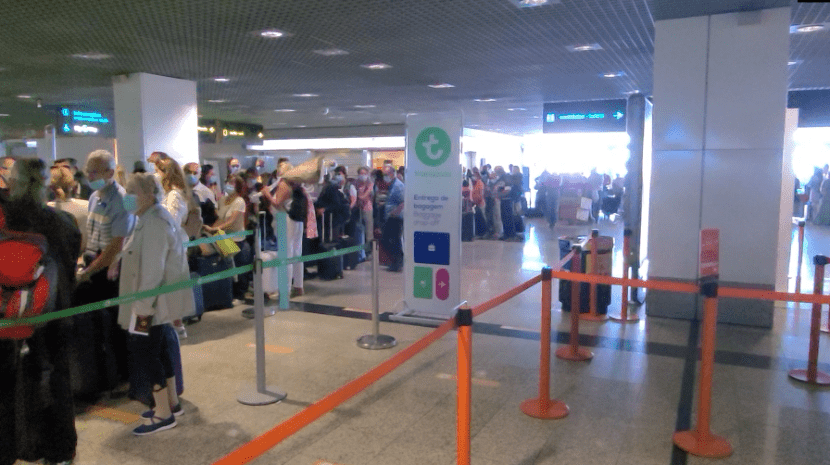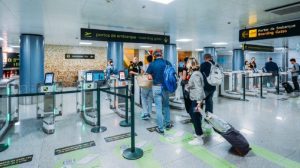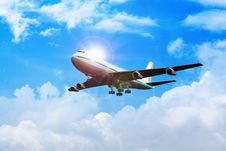Only 19% of Portuguese respondents in a Eurobarometer released today, below the 30% of the European Union (EU) average, say they are well aware of their rights in air transport. A situation that is said to worry the European Commission.
In a Eurobarometer on passenger rights in the EU, Brussels concludes that only 19% of Portuguese respondents (in a total of 26,601 interviews conducted in January and February this year) feel well informed when travelling by air, which compares with 30% in the 27 countries combined.
Worse still are those travelling by ship/ferry transport (14%, compared to 16% in the EU) and better for rail (20%, 33% in the EU) and bus (23%, 27% in the EU).
In a statement, the European Commission said that “passengers need more information about their rights,” which is why it is publishing revised interpretative guidelines on air passenger rights, which aim to facilitate compliance with the regulations that will harmonise implementation by national bodies.
“Since 2016, the Commission has been providing guidance to address common concerns raised by NEBs, passengers and their associations, and industry representatives. Today’s revision notably takes into account the judgments of the Court of Justice handed down since 2016 that clarify certain provisions, allowing for a more effective and consistent application of the rules.
The EU is the only citizenship in the world where passengers are protected by a full set of rights, whether they travel by plane, train, ship, or bus.
These rights are aimed at non-discrimination, accurate, timely, and accessible information, and immediate and proportionate assistance, particularly in situations such as overbooking, cancelled, and delayed flights, which, as Brussels recalls today, require compensation from airlines.
The information, published on the website of the EU executive and addressed to transport service providers and national bodies, comes in just as the high season begins.
On Friday, a global computer glitch in Microsoft’s system caused embarrassment at airports around the world, causing flight delays, cancellations, and baggage problems.
Views: 0






